Would you believe that jazz artists were among the first musicians affected by piracy?
Written either in the late ’70s or early ’80s, the open letter to fans of jazz urges listeners to refrain from making copies of the music they had just purchased. The letter was found in the “sleeve of a 1987 jazz vinyl release” and reads as follows:
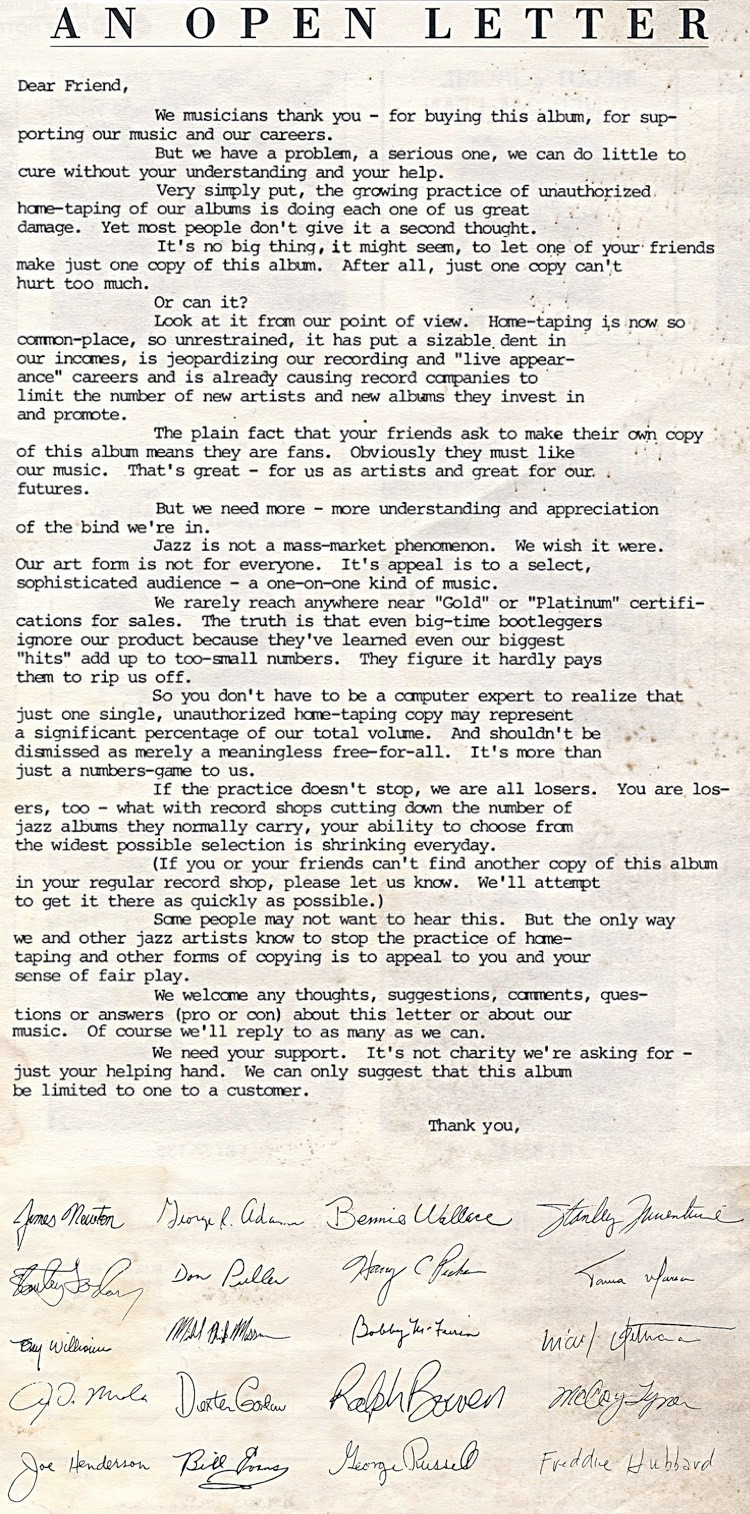
Transcript:
Dear Friend,
We musicians thank you for buying this album, for supporting our music and our careers.
But we have a problem, a serious one, we can do little to cure without your understanding and your help.
Very simply put, the growing practice of unauthorized home-taping of our albums is doing each one of us great damage. Yet most people don’t give it a second thought.
It’s no big thing, it might seem, to let one of your friends make just one copy of this album. After all, just one copy can’t hurt too much.
Or can it?
Look at it from our point of view. Home-taping is now so canon-place, so unrestrained, it has put a sizable, dent in our incomes, is jeopardizing our recording and “live appearance” careers and is already causing record companies to limit the number of new artists and new albums they invest in and promote.
The plain fact that your friends ask to make their own copy of this album means they are fans. Obviously they must like our music. That’s great – for us as artists and great for our futures.
But we need more – more understanding and appreciation of the bind we’re in.
Jazz is not a mass-market phenomenon. We wish it were. Our art form is not for everyone. It’s appeal is to a select, sophisticated audience – a one-on-one kind of music.
We rarely reach anywhere near “Gold” or “Platinum” certifications for sales. The truth is that even big-time bootleggers ignore our product because they’ve learned even our biggest “hits” add up to too-small numbers. They figure it hardly pays them to rip us off.
So you don’t have to be a computer expert to realize that just one single, unauthorized home-taping copy may represent a significant percentage of our total volume. And shouldn’t be dismissed as merely a meaningless free-for-all. It’s more than just a numbers-game to us.
If the practice doesn’t stop, we are all losers. You are losers, too – what with record shops cutting down the number of jazz albums they normally carry, your ability to choose from the widest possible selection is shrinking everyday (If you or your friends can’t find another copy of this album in your regular record shop, please let us know. We’ll attempt to get it there as quickly as possible.).
Some people may not want to hear this. But the only way we and other jazz artists know to stop the practice of home-taping and other forms of copying is to appeal to you and your sense of fair play.
We welcome any thoughts, suggestions, comments, questions or answers (pro or con) about this letter or about our music. Of course we’ll reply to as many as we can. We need your support. It’s not charity we’re asking for – just your helping hand. We can only suggest that this album be limited to one to a customer.
Thank you.
The impassioned letter, which was unearthed by Digital Music News, was signed by twenty of the most well-respected jazz musicians of that era, including Freddie Hubbard, McCoy Tyner, Joe Henderson, Dexter Gordon, and Stanley Turrentine.
One of our commenters noted that, somewhat perplexingly, the letter also appears to be signed by both Bill Evans, who passed away in 1980, and Ralph Bowen, who did not begin recording prolifically until 1985. If you have any insight into why that may be, or if you recognize any of the other signatories, please contact us or post in the comments below.
This incredible letter says a lot about the era, and the struggles some jazz musicians went through at the time.
There is also one sentence, in particular, that really jumped out at me: “So you don’t have to be a computer expert to realize that just one single, unauthorized home-taping copy may represent a significant percentage of our total volume.” Given the world that we now live in, that sentence seems almost clairvoyant in nature; predicting the role computers will play in piracy and the downfall of jazz as a popular genre.
The internet and other innovations (home recording, cheap CD/MP3-players, computers, etc…) have brought a great diversity of the American music market that caused record sales to balloon by $10 billion since 1980. But even in the more concentrated market of the ’80s, the letter was right to say that “Jazz is not a mass-market phenomenon.” Something that we, today, know full well. Less than 26% of Americans claimed they ‘liked jazz’ in 1982, according to the NEA, and jazz represented less than 8% of all music sold at the time. As of 2014, just 1.4% of all music consumed in the U.S. is jazz.
Let me know your thoughts on the letter in the comments below:
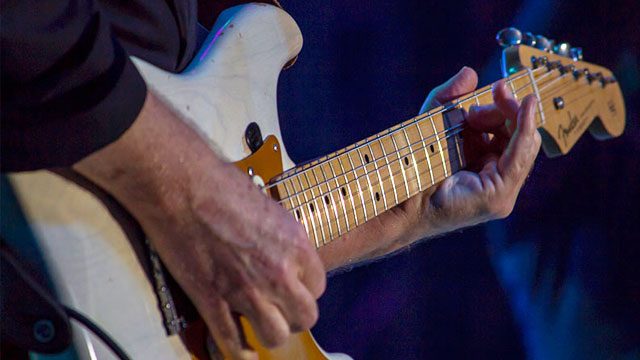
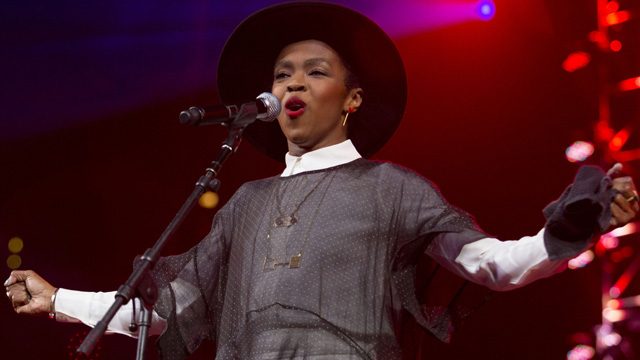
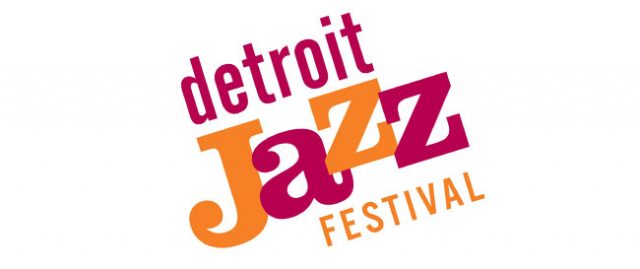
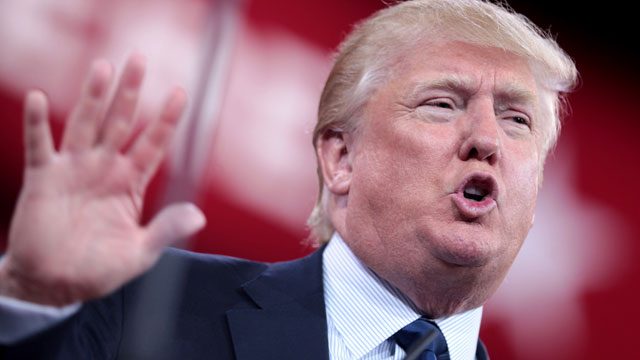
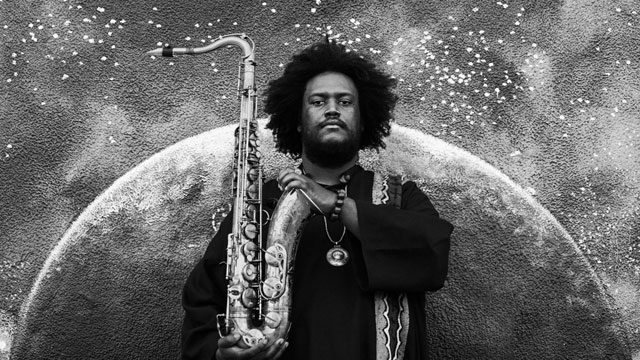
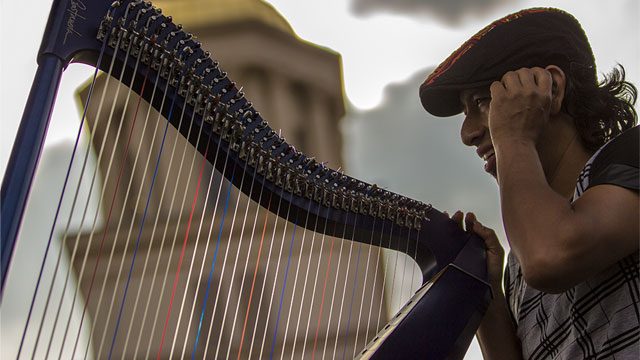
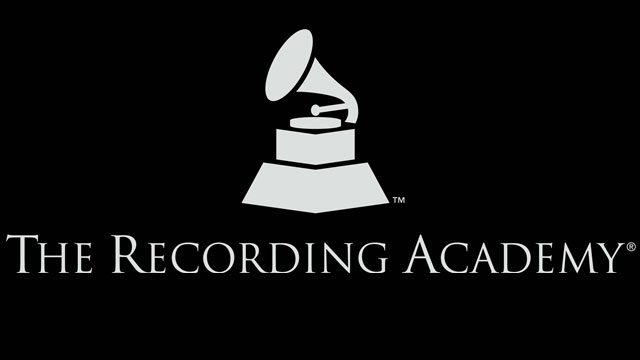
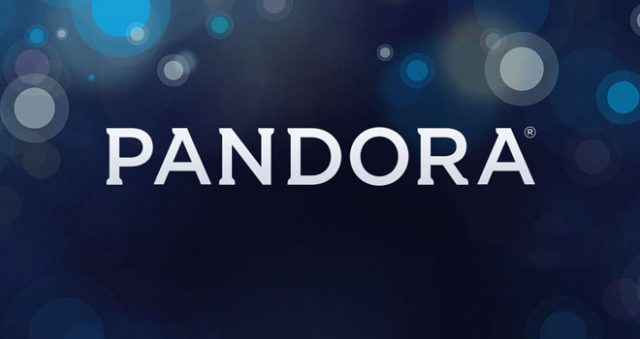
Have your say! Leave a comment below: